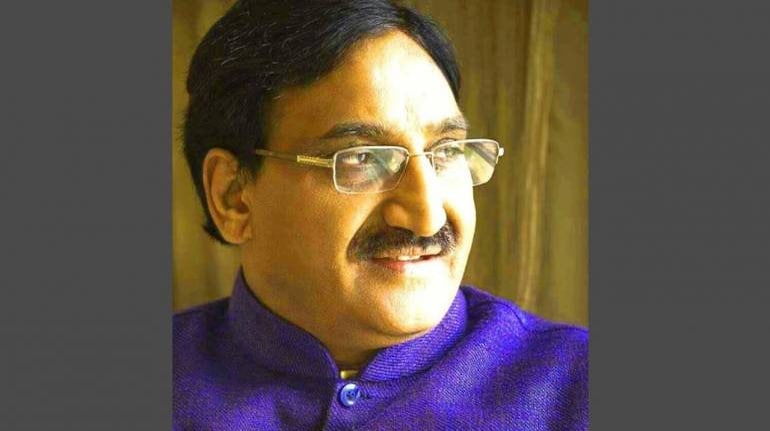



Union Human Resource Development Minister Ramesh Pokhriyal Nishank on June 24 directed the University Grants Commission (UGC) to revise the previous set of guidelines that were issued for conducting intermediate and terminal semester examinations as well as the academic calendar.
He said that the revised guidelines will prioritise the health and safety of students, teachers, and staff alike. The HRD Minister’s directions come at a time the total coronavirus cases in the country have crossed 4.5 lakhs.
For live updates on coronavirus, click here
He took to his official Twitter handle to announce the same and wrote:
I have advised the @ugc_india to revisit the guidelines issued earlier for intermediate and Terminal Semester examinations and academic calendar. The foundation for revisited guidelines shall be health and safety students, teachers and staff.@PIB_India @MIB_India @DDNewslive— Dr Ramesh Pokhriyal Nishank (@DrRPNishank) June 24, 2020
Discover the latest Business News, Sensex, and Nifty updates. Obtain Personal Finance insights, tax queries, and expert opinions on Moneycontrol or download the Moneycontrol App to stay updated!